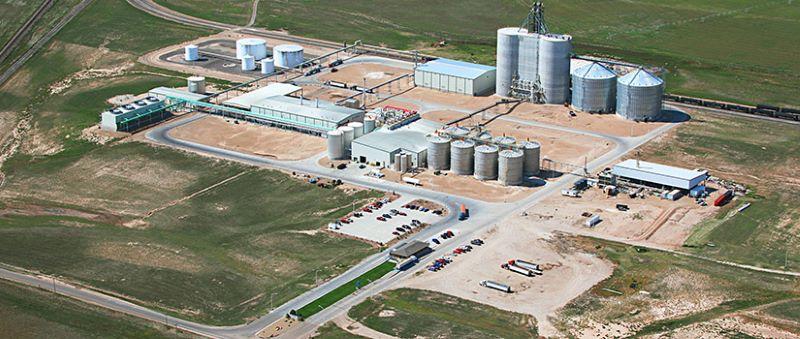Saffire Begins Constructing New Plant To Expand U.S. SAF Production

Saffire’s cellulosic ethanol plant is being built at Conestoga Energy’s facility in Liberal, Kansas.
Credit: Conestoga Energy
Construction of a Southwest Airlines-backed first-of-its-kind plant that will turn corn stover into cellulosic ethanol for upgrade to sustainable aviation fuel (SAF) has begun in Kansas, with production planned to begin by the end of 2025. Saffire Renewables has broken ground on the plant at...
Subscription Required
Saffire Begins Constructing New Plant To Expand U.S. SAF Production is published in Aviation Daily, an Aviation Week Intelligence Network (AWIN) Market Briefing and is included with your AWIN membership.
Already a member of AWIN or subscribe to Aviation Daily through your company? Login with your existing email and password
Not a member? Learn how to access the market intelligence and data you need to stay abreast of what's happening in the air transport community.
